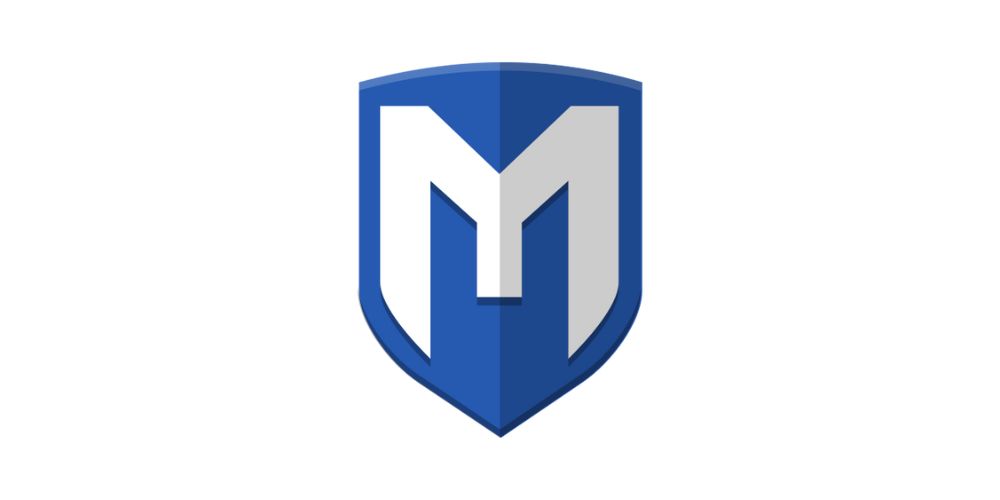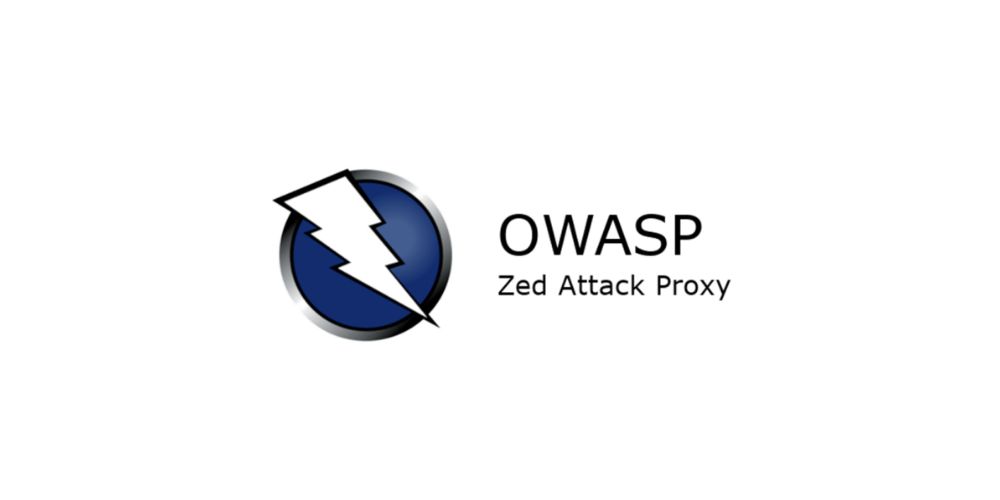Certified Ethical Hacker (CEH)
Course provided by Model Institute of Engineering & Technology
5 modules
Explore the fundamentals of Cyber Security
5 Level NCrF
National Credit Framework
320 Hours
Flexible Learning
Beginner Level
No prior experience required
Certificate Program
09-10 Credits
Course Overview
This course blends ethical hacking theory with intensive hands-on practice in MIET’s Red-Team lab. Learners progress from information gathering and vulnerability assessment to advanced exploitation, malware analysis, and social engineering. Using professional tools such as Kali Linux, Metasploit, and Wireshark, participants simulate real-world attack scenarios including web application testing, SQL injection, and wireless security assessments. The program emphasizes adversary tactics, evasion techniques, and structured penetration testing reports, ensuring learners are equipped to operate like professional red-teamers. Graduates are prepared for roles such as Ethical Hacker, Penetration Tester, Cybersecurity Analyst, and Red-Team Specialist.
Key Learning Highlights
Understanding ethical hacking principles, legal considerations, and security frameworks.
Mastering reconnaissance, scanning, and enumeration techniques for target systems.
Hands-on practice in system exploitation, malware analysis, and network sniffing.
Performing web application testing, SQL injection, and wireless network assessments.
Applying advanced attack techniques, evasion strategies, and social engineering.
Preparing professional penetration testing reports with actionable security insights.
Tools & Platform Used




Learning Outcome
By the end of this course, students will be able to:
- Explain the core principles of ethical hacking, information security, and legal frameworks.
- Identify and analyze system vulnerabilities through footprinting, reconnaissance, and scanning.
- Execute exploitation techniques, malware analysis, and packet sniffing using industry tools.
- Conduct penetration testing on web applications, databases, and wireless networks.
- Apply advanced evasion and social engineering tactics to simulate real-world attacks.
- Document findings and prepare comprehensive penetration testing reports for stakeholders.
Master the course with just 5 Modules
This course takes learners from the foundations of penetration testing to advanced practices in threat hunting and cryptography. Beginning with planning, reconnaissance, and ethical considerations, participants progress to executing attacks, analyzing vulnerabilities, and reporting findings using industry frameworks. The journey continues with proactive threat intelligence, hands-on hunting techniques, and the application of cryptographic methods to secure communication and data. The course concludes with a practical capstone project that integrates all skills, preparing learners to address real-world cybersecurity challenges with confidence.
Ethical Hacking Fundamentals and Information Gathering
- Introduces ethical hacking concepts, principles, and legal frameworks.
- Covers reconnaissance techniques: footprinting, scanning, and enumeration.
- Hands-on practice with tools for gathering intelligence on target systems.
Network Analysis and Vulnerability Assessment
- Learn network mapping, sniffing, and traffic analysis using professional tools.
- Identify and assess vulnerabilities in network infrastructure and services.
- Apply scanning and vulnerability assessment tools to discover security gaps.
System Exploitation and Malware Analysis
- Explore exploitation techniques for system-level attacks.
- Analyze malware behavior and methods of propagation.
- Perform privilege escalation and post-exploitation tasks in lab simulations.
Advanced Attack Techniques and Social Engineering
- Understand advanced evasion techniques to bypass security controls.
- Study social engineering tactics such as phishing and impersonation.
- Simulate real-world attack scenarios combining technical and human factors.
Web Applications, Wireless, and Emerging Technologies Security
Conduct web application penetration testing, including SQL injection.
Assess security of wireless networks against common attack vectors.
Explore security issues in emerging technologies and prepare structured penetration test reports.
Roles
- Ethical Hacker
- Penetration Tester
- Red-Team Specialist
- Cybersecurity Analyst
- SOC Analyst

